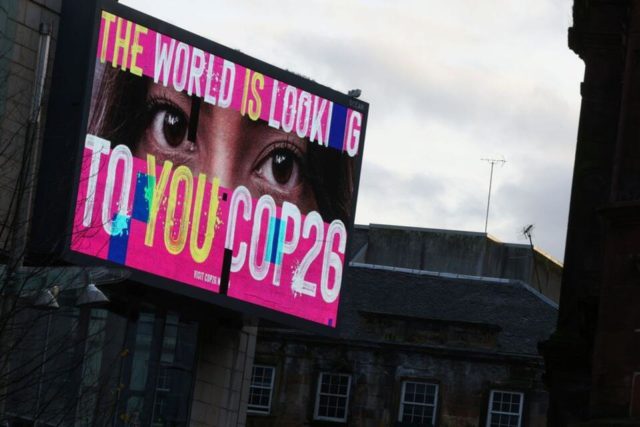The Northern Cape Provincial Government Green Hydrogen Strategy was launched by the Minister of Forestry, Fisheries and the Environment, Barbara Creecy, at the COP26 climate summit in Glasgow, Scotland, this week.
THE NORTHERN Cape Provincial Government’s Green Hydrogen Strategy was launched by the Minister of Forestry, Fisheries and the Environment (DFFE), Barbara Creecy, at the COP26 climate summit in Glasgow, Scotland, this week.
The MEC for Agriculture, Environmental Affairs, Rural Development and Land Reform, Mase Manopole, said the green hydrogen facility, which promoted a safe and healthy environment, would be established in the Richtersveld area.
“The green hydrogen facility will position the Province as a global player. It will serve to reduce the authorisation time frame for the transmission scale electricity grid infrastructure and electricity grid development from seven to three years.”
Sasol is the anchor investor in the Northern Cape Green Hydrogen strategy.
She added that Sol Plaatje University would play an important role in becoming a global research institution for all renewable energy sources.
“This will give our country mileage in converting local energy systems to be able to use green hydrogen as an energy source. We are also in a process of creating a green economy and green hydrogen as the stimuli such as industries constructing renewable components through the use of renewable energy resources.”
Creecy related that the hydrogen strategy roadmap (HSRM) would move the Province from a stage of research and development to manufacturing and commercialisation.
She stated that the local manufacturing of hydrogen products and components would create jobs and enhance skills development in the Northern Cape.
“This in turn will enhance economic transformation that will benefit the previously marginalised sectors of society, particularly women and youth. The Northern Cape, in terms of demographics, is one of the poorest provinces in the country.”








